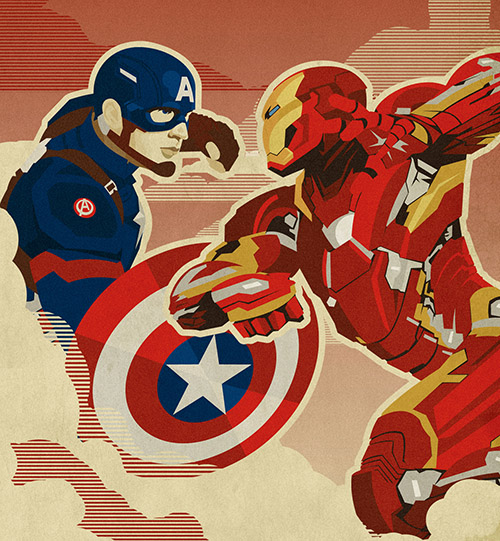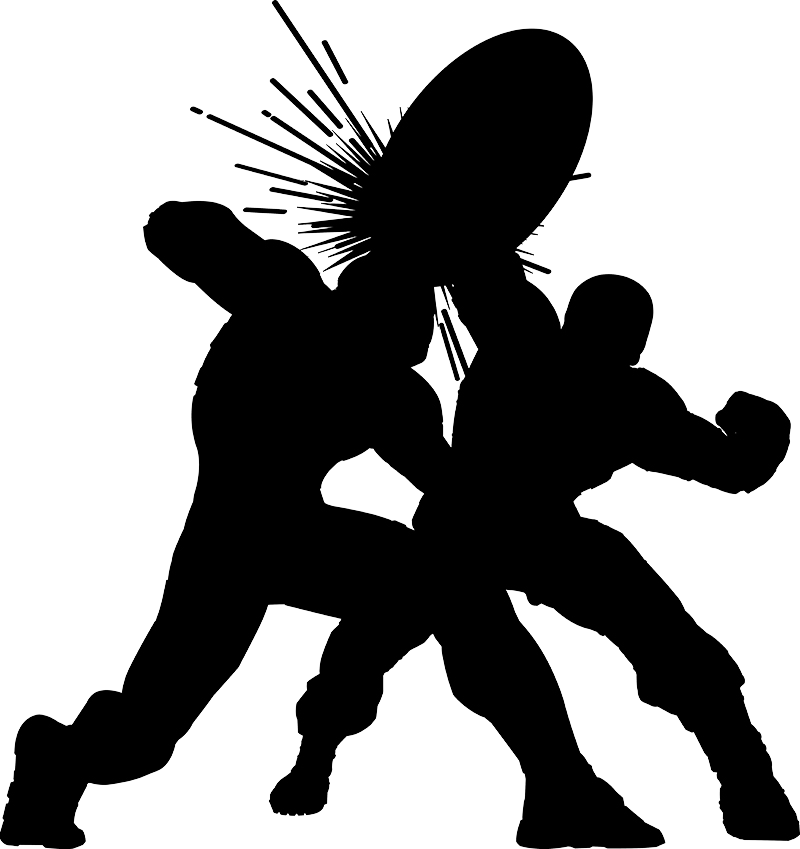








Inside the truck, Brock Rumlow handed the crucial sample to one of his men. “Take this to the extract,” he said, meaning the point where they would meet the buyer and leave Lagos. “We’re not going to outrun him. Lose the truck.”
“Where are you going to meet us?” the gunman asked. He stowed the sample in a duffel bag.
Rumlow’s answer was grim. “I’m not.”

Sam was in the air, soaring over the crowded streets. He saw the truck swerve and crash into a row of stalls at the edge of a market square. Four men spilled out the back of the truck and ran, trying to disappear into the crowd. Sam didn’t see Rumlow. “I got four,” he said. With the help of Redbird, he’d found them using facial recognition software. “They’re splitting up.”
“I got the two on the left,” Natasha said. She had “borrowed” another motorcycle and was swerving through traffic. She saw two men running ahead, but stalled cars blocked her path. Dumping the bike, she ran across the cars’ hoods and wove through the crowd after them.
Cap reached the crashed Humvee a moment later and saw a vest and other equipment from Rumlow’s men scattered around the street. “They ditched their gear,” he said, scanning the area. Panic was spreading in the crowd, and he couldn’t pick out the targets in the sea of running people. “It’s a shell game now. One of them has the payload.”
He made a guess where Rumlow’s men had gone and had just set his feet to take off after them when he heard Rumlow himself call out from near the crashed Humvee. “There you are!”
At the same moment, a magnetized grenade clanked on to Cap’s shield. Instantly, he threw the shield up into the air. High over the square, the grenade exploded harmlessly, blasting Cap’s shield away into the crowd.

“I’ve been waiting for this!” Rumlow growled. He charged forward at Cap, and the fight was on.

Sam tracked the two gunmen until they came out into an open space at the back of the market square. He swooped down and slammed into the lead man, plowing him into the ground. Then, getting a little extra lift from his extended wings, he spun and laid the other guy out with a double kick. Quickly, he rifled through their pockets. Nothing. “He doesn’t have it. I’m empty,” he reported.
Hearing that, Natasha ran harder, shouting at people to get out of her way. She caught up with the fleeing pair of Rumlow’s gunmen in a side street lined with market stalls. Jumping over the nearest stall, she scattered its wares on the ground as she tackled the closest gunman. He went for his gun, but she held his arm and knocked the breath out of him with a flurry of gut punches. Then she spun toward the second man, closing in as she knocked the gun out of his hand with a heavy woven basket. She took him down hard, scissoring her legs around his neck and twisting him to the ground. His gun bounced free. Natasha went for it and came up, whirling around to see that the first man had his own weapon back. It was a standoff.
“Drop it,” Rumlow’s other man commanded from her left. Natasha leveled her gun. He was holding the vial stolen from inside the lab. “Or I’ll drop this.”
Natasha didn’t know what was in that vial, but she knew Rumlow wouldn’t have shot his way into the institute for something unless it was very, very dangerous. “Drop it!” Rumlow’s man shouted again.
His partner looked as nervous as Natasha felt. “He’ll do it!” he said.
Natasha hesitated. She couldn’t let them escape with the vial. But what was the best way to . . .
Sam solved the problem for her. His birdlike drone dipped into view and, with a single shot, dropped the gunman holding the vial. Natasha shot the other man in the arm and dove forward in a desperate lunge. That vial could not be allowed to hit the ground. At full stretch, she caught the vial inches from the ground and landed hard, clasping it and breathing a sigh of relief. “Payload secured,” she said. “Thanks, Sam.”
“Don’t thank me,” he said as he flew into view. He nodded at the drone hovering between them.
She shook her head. “I’m not thanking that thing.”
“His name is Redwing,” Sam said.
“I’m still not thanking it.”
Catching up to them, Wanda looked at Redwing with a little smile. “He’s cute,” she said. Natasha rolled her eyes.

Cap had forced Rumlow to turn and fight, but this wasn’t the same Brock Rumlow he’d known before. Rumlow had pneumatic gauntlets that gave him the power to hit like a truck, and he barely flinched at punches that would have put an ordinary man in the hospital.
“Come on!” Rumlow taunted him after knocking Cap flat and pounding him with a series of punches that left the Avenger bruised and staggered. He stomped the ground as Cap rolled away and got to his feet. He hit Cap again and forced him up against a wall. “This is for dropping a building on my face,” Rumlow said. A blade snapped out from one of the gauntlets. Rumlow stabbed it at Cap’s head, but the other man dodged and Rumlow’s gauntlet buried itself wrist-deep in the wall. Cap grabbed the gauntlet and ripped it off. Rumlow raised his other hand, showing another blade. He swiped at Cap, who leaned back and used the motion to start a spinning kick that knocked Rumlow across the street, where he crashed into a patio table in front of a restaurant.
Cap knew Natasha had the biological sample. It was time to put Rumlow down and start figuring out what it was . . . and who Rumlow was stealing it for.
But Rumlow wasn’t fighting back. He got to his knees and took off his helmet, showing his heavily scarred face. As Cap approached, Rumlow looked up at him, defiant and full of hate . . . but Cap could see sadness, too. And pain. “I think I look pretty good, all things considered,” Rumlow said.
Cap didn’t care to chat with Rumlow. Why had he quit? “Who’s your buyer?” he asked.
“Your pal, your buddy. Bucky.”
Cap wasn’t sure what he’d expected, but he couldn’t believe that . “What did you say?”
“He remembered you. I was there. He got all weepy about it, until they put his brain back in the blender. He wanted you to know something. He said to me, ‘Please tell Rogers . . . when you gotta go, you gotta go.’ ” Rumlow’s grin got bigger. He showed Cap a small detonator switch in his fist. “And you’re coming with me.”
Cap started to flinch back from the explosion as Rumlow squeezed the switch, but then something incredible happened. Instead of blasting out to engulf Captain America and everyone else in the area, the explosion churned and rumbled around Rumlow. Cap saw the telltale wisps of red energy and looked back to see Wanda Maximoff with her hands outstretched. Scarlet Witch held the explosion’s burst in check, her hands out and cupped in front of her. Then she lifted Rumlow and the fireball up into the sky, meaning to let it go off harmlessly.

But Rumlow’s bomb was more powerful than she’d guessed. When she released it, the explosion tore through several floors of a nearby building. Smoke poured from the building’s shattered windows, and debris fell into the street. The people who had been running from the battle now turned their shocked faces up to see what the Avengers had done.
This was bad. Instantly, Cap started trying to keep it from getting worse. “Sam, we need fire and rescue on the south side of the building.” He ran to help. The last thing he saw was Wanda, looking up at the burning building with an expression of horror on her face.